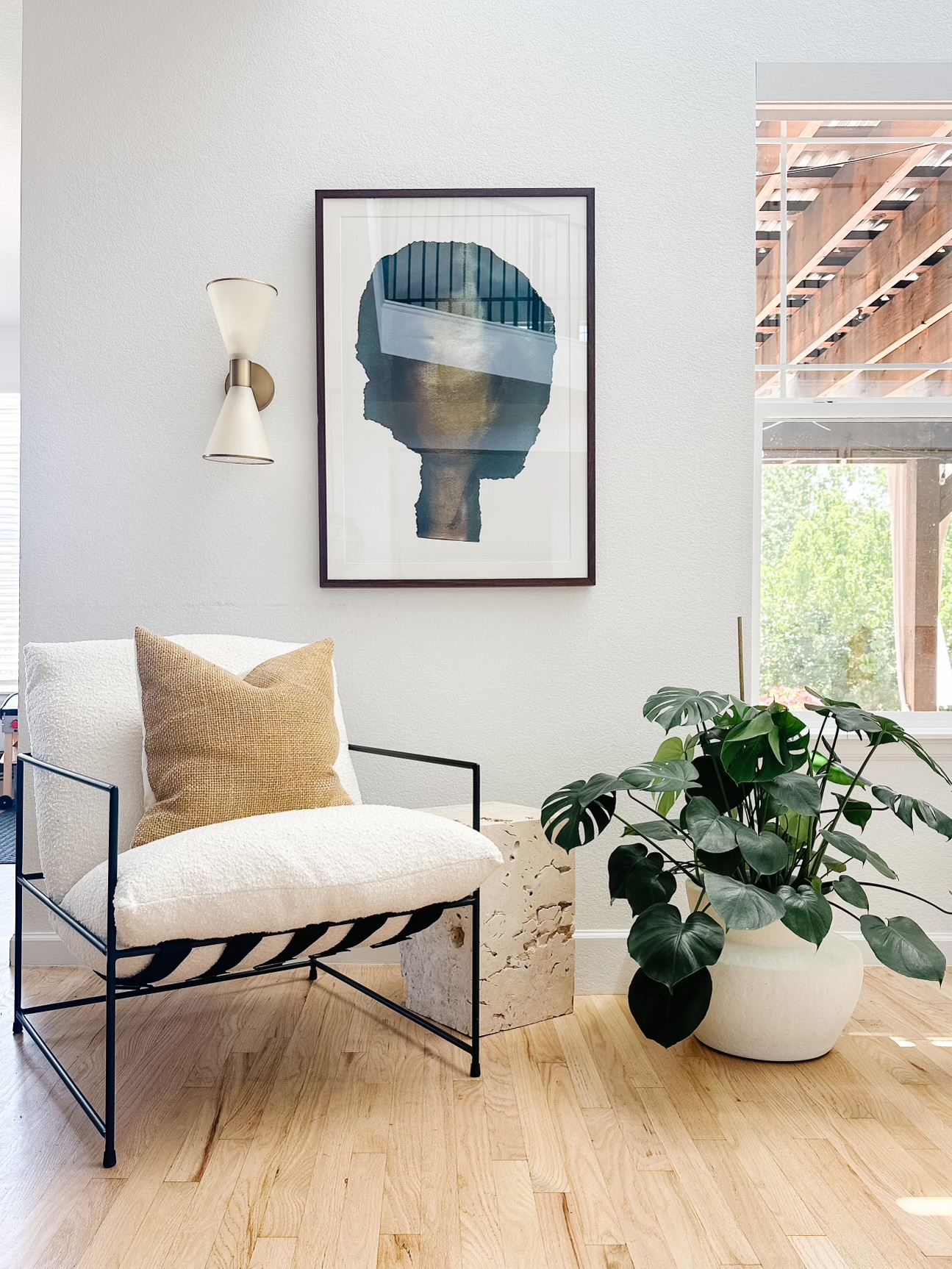
As we spend more time indoors, the need to create spaces that foster a connection to nature has never been greater. Enter biophilic design—a concept that integrates natural elements into our living spaces to enhance our well-being. Whether you’re a homeowner, an interior design enthusiast, or simply someone who values eco-friendly living, incorporating biophilic design into your home can transform your living environment and improve your quality of life.
What is Biophilic Design?
Biophilic design is an innovative approach to integrating nature into built environments to create spaces that promote human health, well-being, and sustainability. Derived from the Greek words “bios” (life) and “philia” (love), biophilic design means a love of life or living things. It aims to satisfy our inherent need to connect with nature, which is often compromised in modern urban settings.
Key Elements of Biophilic Design
Before diving into practical tips, it’s essential to understand the key elements that constitute biophilic design:
- Natural Light: Maximizing sunlight through large windows, skylights, and open spaces.
- Natural Materials: Wood, stone, and other organic materials are used.
- Plants: Incorporating indoor plants to purify the air and add greenery.
- Water Features: Adding elements like fountains, aquariums, or indoor ponds.
- Views of Nature: Ensuring that you have clear views of the outdoors.
- Natural Shapes and Forms: Using organic shapes and patterns that mimic natural forms.
How to Incorporate Biophilic Design Elements into Your Home
Biophilic design is an innovative approach to integrating nature into built environments to create spaces that promote human health, well-being, and sustainability. Derived from the Greek words “bios” (life) and “philia” (love), biophilic design means a love of life or living things. It aims to satisfy our inherent need to connect with nature, which is often compromised in modern urban settings.
Maximize Natural Light
Natural light has a profound impact on our mood and well-being. Consider installing larger windows, skylights, or even glass doors to maximize natural light in your home. Use sheer curtains or blinds that allow light to filter through while maintaining privacy. Mirrors can also be strategically placed to reflect light and make spaces brighter and more open.
Use Natural Materials
Natural materials like wood, stone, bamboo, and rattan can add warmth and texture to your home. Opt for wooden flooring, stone countertops, and rattan furniture to create a more organic and inviting atmosphere. These materials not only look beautiful but also contribute to a healthier indoor environment by reducing the presence of harmful synthetic compounds.
Bring in the Greenery
Plants are perhaps the most accessible and impactful way to incorporate biophilic design into your home. They improve air quality, reduce stress, and boost overall well-being. Choose indoor plants that thrive in your home’s specific conditions – from low-light corners to sun-drenched windowsills. Consider vertical gardens, hanging planters, or even small trees for a dramatic effect.
Introduce Water Features
Water has a calming effect and can significantly enhance the ambiance of your home. Simple additions like tabletop fountains, aquariums, or even a small indoor pond can bring water’s soothing sounds and sights indoors. Consider a water wall or a decorative bowl with floating plants and flowers if space is limited.
Create Views of Nature
If you’re fortunate enough to have a view of a garden, park, or any natural landscape, make the most of it. Arrange your furniture to face windows with the best views and keep these windows unobstructed. Create indoor vistas with large nature-themed artwork or murals if outdoor views are limited.
Incorporate Natural Shapes and Forms
Nature rarely follows straight lines, and incorporating organic shapes and forms into your home can make it more harmonious and relaxing. Think about curving pathways, arched doorways, or furniture with rounded edges. Use patterns inspired by nature, such as leaf motifs, floral designs, or wave-like textures in your decor.
The Psychology Behind Biophilic Design
Why does biophilic design make us feel so good? The answer lies in our evolutionary psychology. Humans have spent 99% of their history in natural environments, and our brains are hardwired to respond positively to nature. Natural elements and environments can reduce stress, enhance creativity, and improve well-being. Studies have shown that exposure to nature or natural elements like plants and water can lower blood pressure, reduce anxiety, and improve mood. Integrating biophilic design elements into our homes creates spaces that nurture mental healing, promote relaxation, and foster a deep sense of belonging and happiness.
Return to Our Roots
Biophilic design is more than a trend; it returns to our roots. We create environments that support our physical and mental well-being by incorporating natural elements into our homes. From maximizing natural light to adding greenery and water features, there are many ways to bring the beauty and benefits of nature indoors.
By understanding and embracing biophilic design, you can enhance the aesthetic appeal of your space and contribute to a healthier and more fulfilling lifestyle. Experiment with different elements, and find what works best for you. By following these tips and principles, you can create a beautiful living space that feels rejuvenating and life-enhancing. As your home blossoms, so does your bond with the natural world, nurturing a flourishing life within and without.
Teak & Amber specializes in Interior and Residential Design, catering to Colorado locales such as Bloomfield, Erie, Niwot, Longmont, Westminster, Mead, and Boulder.
+ Show / Hide Comments
Share to: